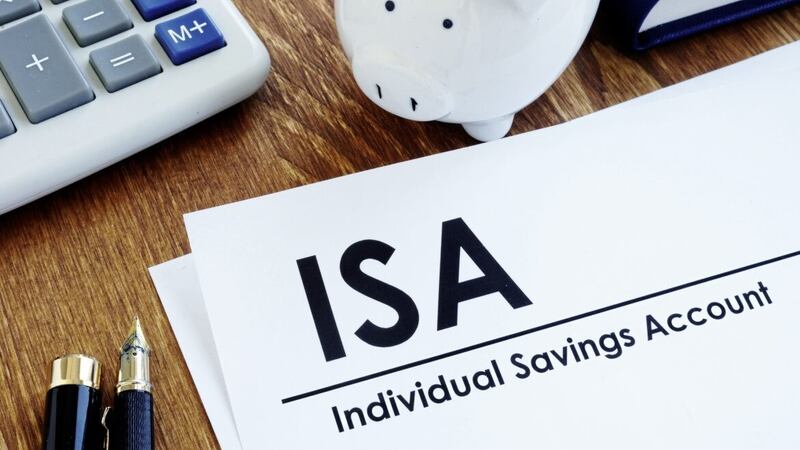WILL your financial new year resolutions survive ‘fail Friday’, the 13th of January, when most people break the promises they made at the beginning of the month?
If so, you are not alone. So this week, let’s remind you of the principal savings options that could get your plans back on the rails for 2023.
In terms of savings I am, of course, referring to what is possibly the most popular savings account on the market, the individual savings account or ISA.
Introduced in 1999, the ISA is a great savings account where your income from your savings is free of tax.
You are currently limited to investing £20,000 into your ISA or ISAs each financial year (of course, you can save as little as you like). That means that if you are intending to ‘max out’ this year’s allowance, you have until April fifth to do it, as the financial year starts on April sixth, with a brand new £20,000 to work on.
It’s true, as many of my clients point out, that recent years have not been good to savers. But in 2021, financial advisers were singing, very badly, ‘things… can only get better’.
They were right, and 2022 was a better year for ISA savers. Last year, interest rates for ISAs, and for savings accounts in general, slowly improved from the disappointing rates in recent years, as the Bank of England gradually raised rates.
There are two main ISA types available: The cash ISA, which obviously keeps your money as cash; and the stocks and shares ISA, which invests your money in the stock markets, offering the chance of a better return than cash.
The cash ISA has three variants to suit your taste: The instant access ISA with a variable interest rate; the regular savings ISA which requires you to put in an amount each month, but in return you get a fixed interest rate; and the fixed rate ISA, where you have to lock your money in, in return for a fixed interest rate.
With the stocks and shares ISA you can have an investment account where gains and income are free of tax, but as with all stocks investments, the value of your investment can fall as well as rise.
The final question, or perhaps the first question, clients ask is: Which ISA type is better?
Well, the first question I ask them is: What is your attitude to risk?
The principle of saving is that if your money isn’t at least keeping up with inflation, then you’re losing - losing spending power.
At the moment, inflation is high at 10.6 per cent, but an ISA investment will flower in time. The National Institute of Economic and Social Research predicts a rapid fall in inflation from 2023 onwards, and while it will remain well above 3 per cent for the whole of 2023, they say it will not return to the target 2 per cent until mid-2025.
Even if your financial resolutions do not survive fail Friday, if you want to begin or update your ISA investments this month in preparation for that predicted fall in inflation, today could be a good time to plan ahead.
As our company motto says: ‘Life’s better with a plan’.
Michael Kennedy is an independent financial adviser and pensions specialist and can be contacted on 028 71886005 . Further information on our Facebook page “Kennedy Independent Financial Advice Ltd” or on our website www.mkennedyfinancial.com




